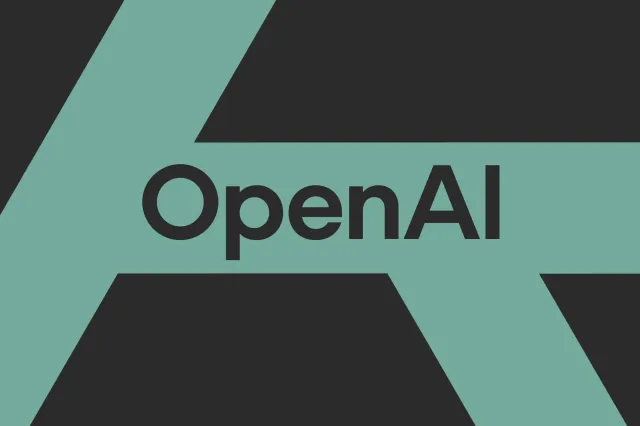OpenAI says its nonprofit ‘isn’t going anywhere.‘
In a significant move that underscores its ongoing commitment to social impact, OpenAI has announced the formation of a new advisory commission for its nonprofit division. This high-profile group of advisors is composed of renowned leaders across activism, education, public health, and business: Dolores Huerta, Monica Lozano, Dr. Robert K. Ross, and Jack Oliver.
According to an official announcement released on Tuesday, the newly appointed advisors will play a pivotal role in guiding OpenAI’s philanthropic initiatives. The company describes the commission as essential in ensuring its nonprofit efforts remain grounded, inclusive, and impactful in addressing some of the world’s most pressing challenges.
Meet the Advisors: A Coalition of Visionaries
Dolores Huerta is a legendary labor rights activist and co-founder of the United Farm Workers union. Her lifelong dedication to civil rights and social justice continues to inspire generations of organizers and changemakers.
Monica Lozano, a trailblazer in educational advocacy and equity, formerly served as the president and CEO of the College Futures Foundation. She currently sits on the board of Apple Inc., bringing deep insights from both the nonprofit and corporate sectors.
Dr. Robert K. Ross is the former president and CEO of The California Endowment, a major foundation focused on health equity and community wellness. His experience in public health policy will be instrumental in steering OpenAI’s philanthropic approach toward human-centered outcomes.
Jack Oliver is a seasoned leader with a multifaceted career spanning government, technology, business, and advocacy. His broad expertise positions him as a strategic thinker capable of bridging diverse sectors to drive systemic change.
Context: A Nonprofit Legacy Amid a For-Profit Shift
The formation of this advisory body comes amid growing scrutiny of OpenAI’s recent structural changes. Earlier this year, the company sparked controversy when it pivoted from its original nonprofit model to adopt a “capped-profit” structure. This shift prompted criticism from some former employees and stakeholders, who argue that the change runs counter to OpenAI’s foundational mission to serve humanity above profit.
Notably, a group of former employees recently submitted an amicus brief supporting Elon Musk’s lawsuit against OpenAI, which accuses the company of straying from its altruistic roots. Additionally, a coalition of nonprofit, labor, and philanthropic leaders has called on California Attorney General Rob Bonta to investigate the company’s transformation.
Despite the controversy, OpenAI has reiterated its commitment to its nonprofit arm. “As we’ve said, OpenAI’s nonprofit isn’t going anywhere—and this commission will be key to expanding its reach and impact,” the company stated in its release.
A Vision for the Future: From AI to Global Good
OpenAI envisions the new advisory commission as a catalyst for amplifying the impact of its nonprofit work. The company outlined a mission that goes far beyond artificial intelligence, aiming to support mission-driven organizations and underserved communities in sectors such as:
- Public Health
- Education
- Scientific Research
- Civic Engagement
- Global Development
By bringing together advisors with deep ties to grassroots movements, health equity, and corporate leadership, OpenAI hopes to ensure that its philanthropic strategies are not only innovative but also inclusive and ethically grounded.
Final Thoughts: A Balancing Act Between Innovation and Responsibility
As artificial intelligence continues to reshape society, the responsibility to use it for public good becomes even more critical. OpenAI’s creation of a nonprofit advisory commission may serve as a counterbalance to its commercial ambitions, demonstrating that innovation and social responsibility are not mutually exclusive.
Whether this move will restore confidence in OpenAI’s dual structure remains to be seen. But by enlisting respected figures from diverse backgrounds to guide its charitable efforts, the company is signaling that it intends to keep humanity at the heart of its mission.
In an age of rapidly evolving technology, it’s not just what we build—but who we build it for—that defines our legacy.










